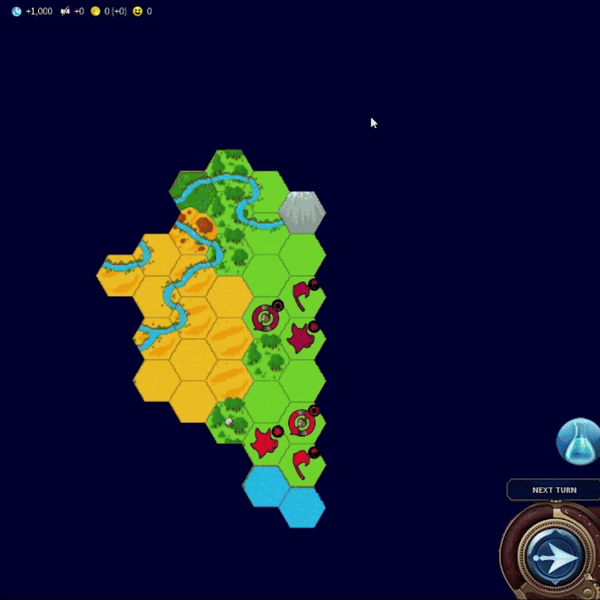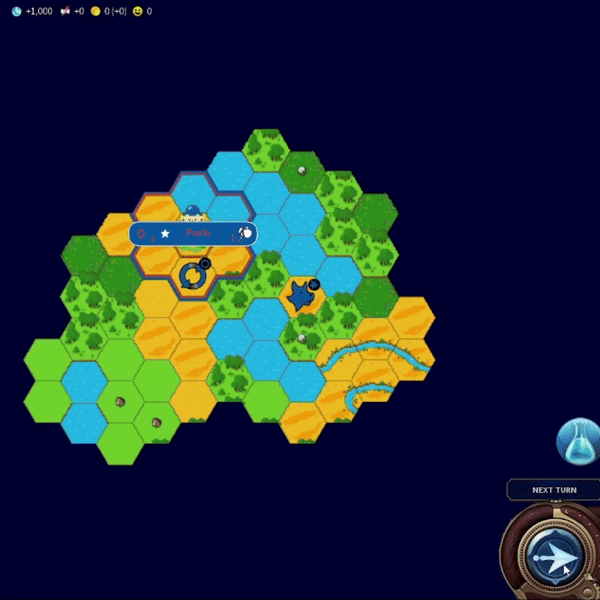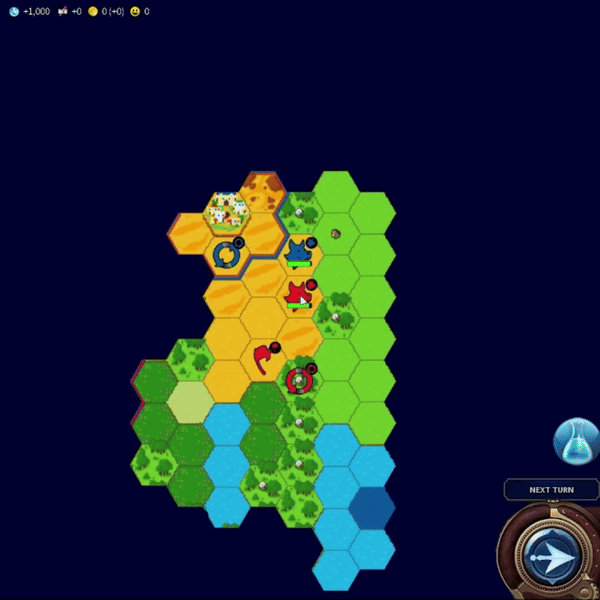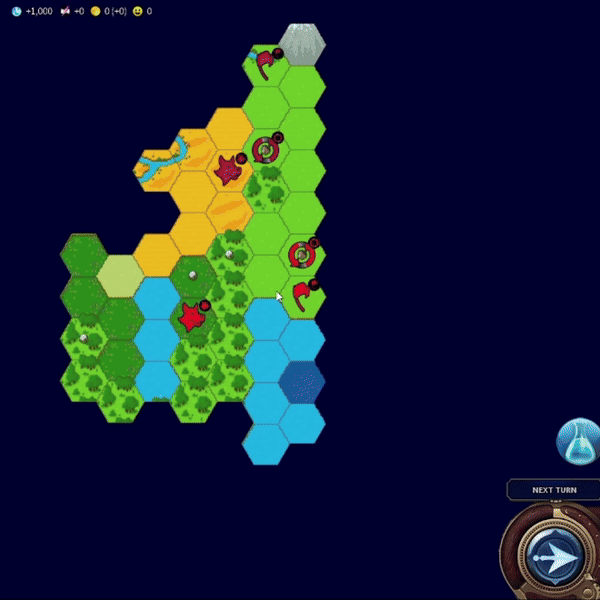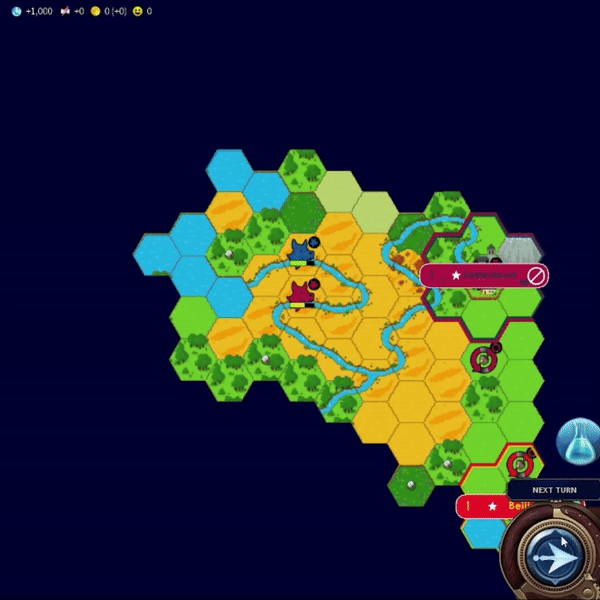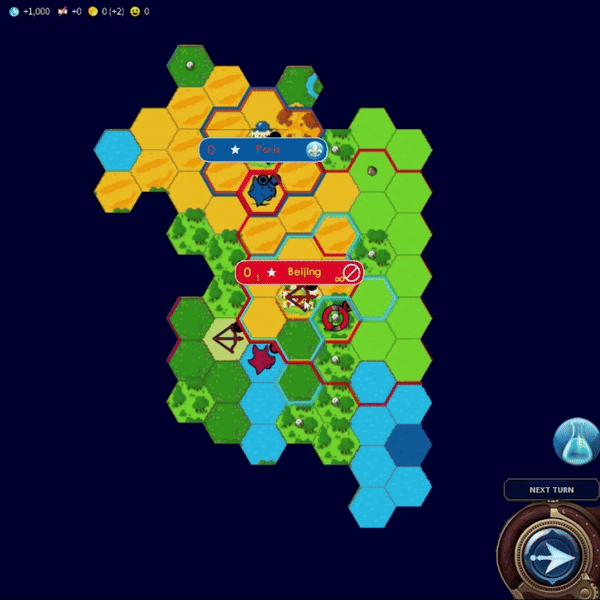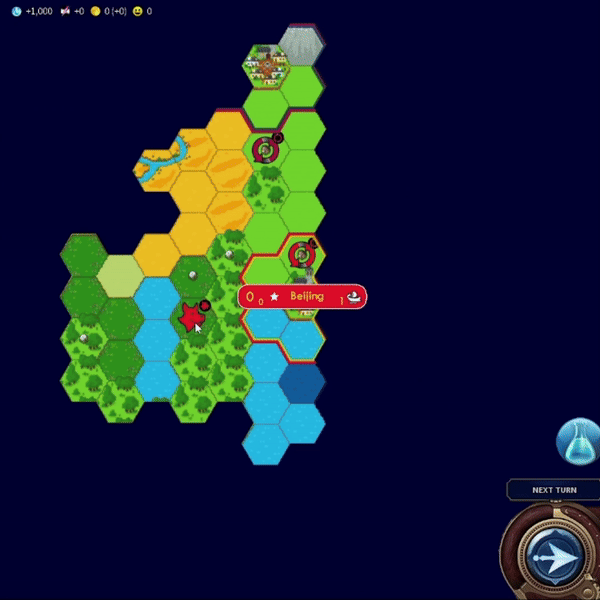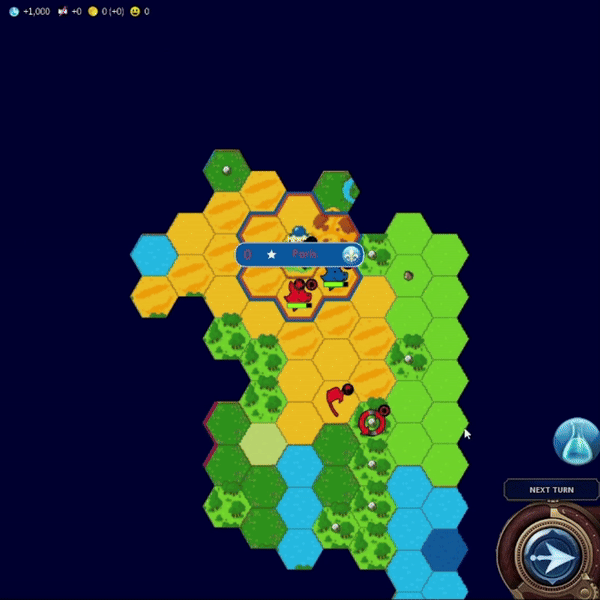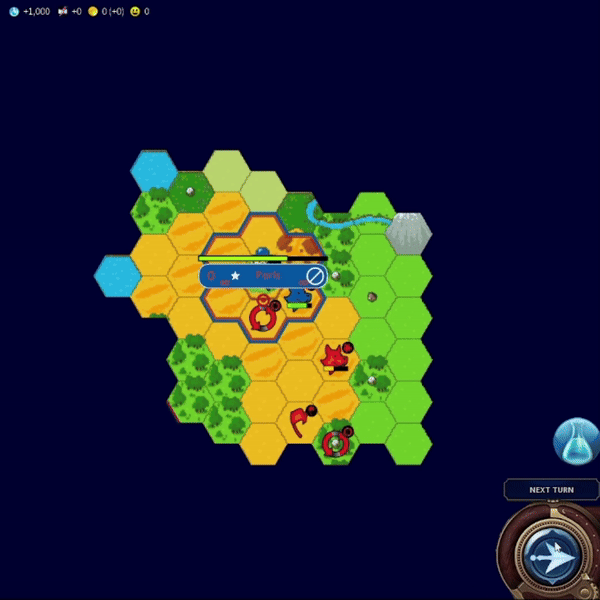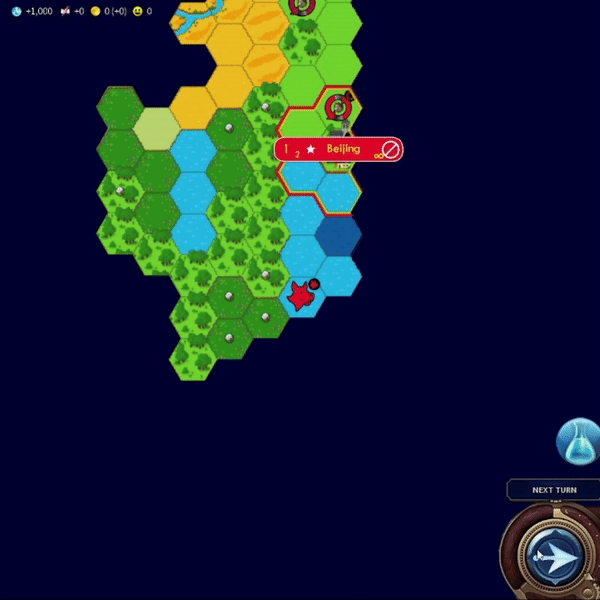Ryan Zhang
_
Full-Stack Developer with a passion for software and hardware
Projects
Click on my projects to see what I learnt during development!
Visit my Github for codebases & technical documentation
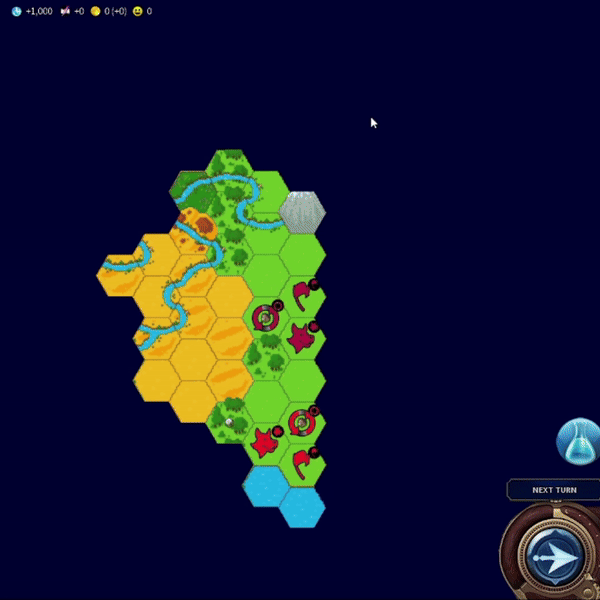
-
ProcessingCiv Game Development + Usage of LLMs in CPU AI
-
Foreign Travel Office Map Web Development + Web Scraping
-
FPGA Experiments FPGA Development + Computer Architecture
-
Maze Algorithms Graph Algorithms + App Design
-
ryan-zhang.com Web Development
ProcessingCiv
Overview
A simplified, in-progress, solo-developed port of Civilization 5 written fully in Processing Java, built as a playground for experiments with LLM-based CPU AIs.
What I learnt
This is the largest-scale project I worked on, with 5k+ lines written, and a wide scope ranging from terrain generation to local multiplayer.
The development process has taken ~2 months to reach ~70% completion of my project brief, created at the start.
Taught me: Performance optimization, improved my debugging skills, and made my coding practices more maintainable.
Hardest Challenges During Development
Map Generation - Creating a realistic distribution of biomes and river generation
Using perlin noise for humidity, altitude and temperature noise maps, and adapting tree growth algorithms for pruning/merging rivers.
Local Multiplayer - Which game states to pass?
Use delta compression, game states that affect other players immediately (e.g. coming within range/attacking enemy unit) are transmitted to the player via host. Discrepancies are resolved each turn by host, residual data distributed.
Optimization - Rendering large maps is laggy...
Compatibilizing program with the P2D OpenGL renderer to utilize GPU hardware acceleration, implementing culling and level-of-depth for rendering, and quadtrees for clicking.
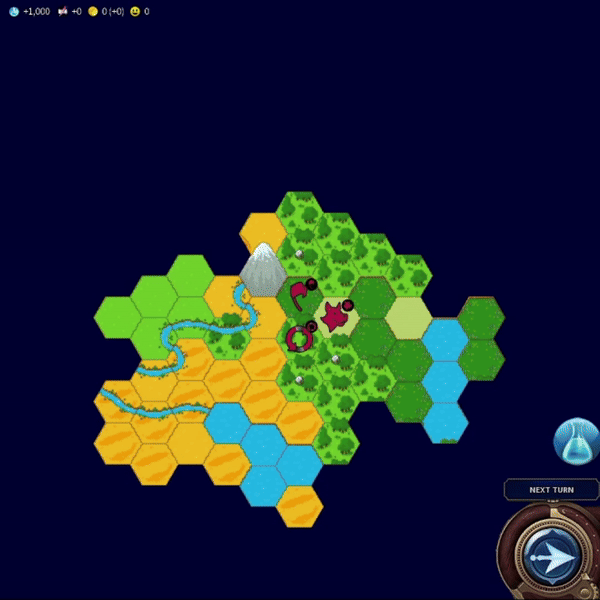
The LLM CPU
Overview
An LLM fed game states that performs analysis and considers real-world cases, outputting next-move decisions and long-term game plans. Inspired by the paper Richelieu: Self-Evolving LLM-Based Agents for AI Diplomacy.
Architecture
- Generic, important game states are translated into strictly-formatted text. An LLM agent tells us whether the current long-term plan is worth deviating or modifying based on updates to the previously-considered game state.
- An LLM agent ranks the importance of game systems (e.g. 1. Military Development, 2. Science Production)
- A set of high-level, prioritised instructions are made, e.g. "1. Continue invasion of X, 2. Research towards science-producing buildings". These are recorded for consideration in future turns.
- An LLM agent exists for each game system, with access to more specific game states for its focus area. These translate high-level instructions to low level, strictly formatted instructions. An LLM agent is used to assign tasks, based on priority and sequencing.
- In hardcode, low-level instructions are checked for conflicts, and parsed and executed by the game.
Current State
Developed prototype for a military LLM agent. Made revisions in greater architecture to account for latency, context window saturation, semantic decay and coherence drift. Llama 70-B has been used during demos for its price, RAG performance and 128k context window.
ryan-zhang.com
Overview
A portfolio website showing off my projects.
What I learnt
This project took 5 days to make, refreshed my knowledge on SVG animation, CSS and Cloudflare web hosting.
Experimented with a minimalist-theme for the website, allowing more focus to be placed on the projects.
What I found most difficult: Words drifting off the avatar, color coordination, web responsiveness between desktop/laptop


